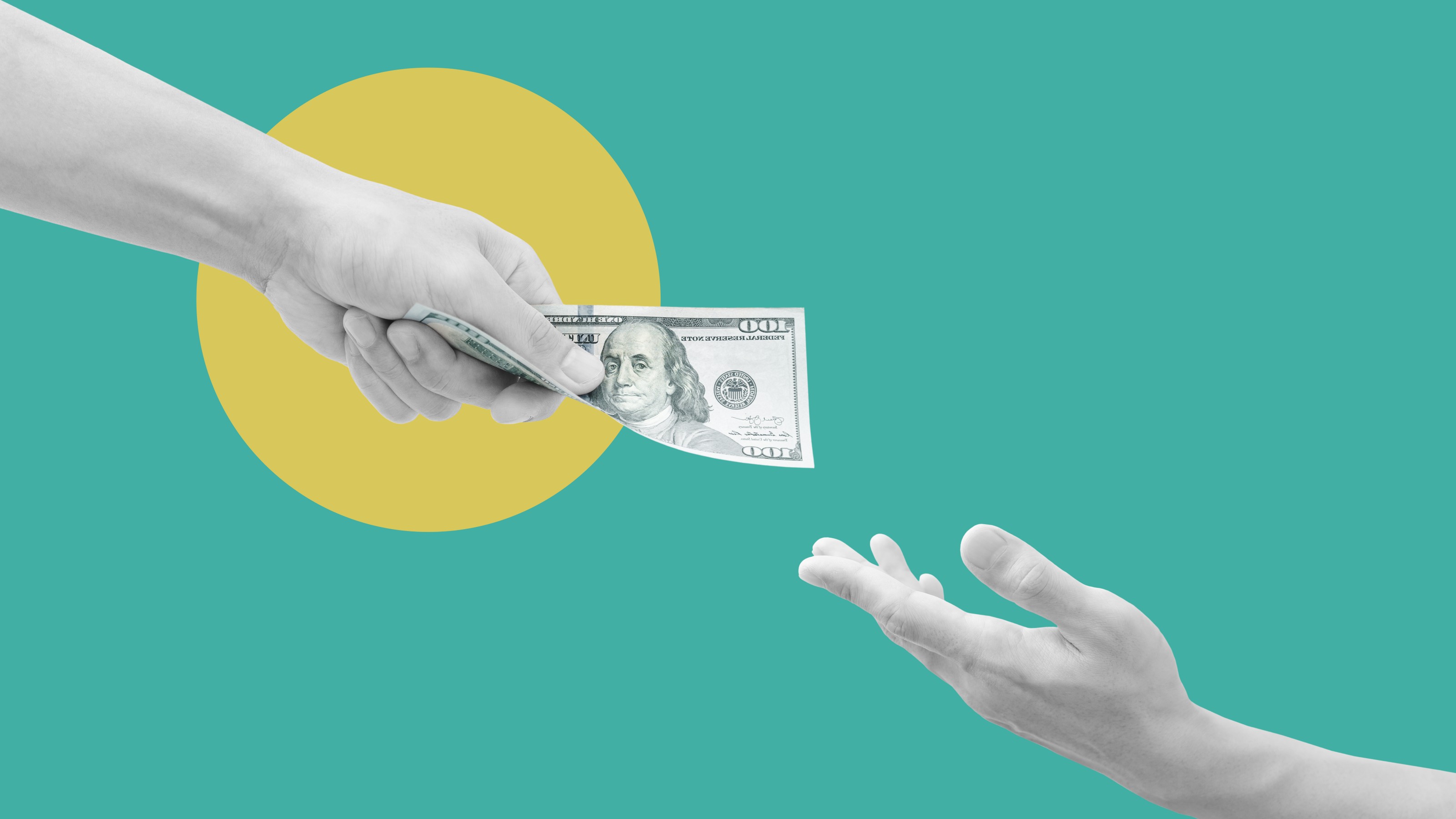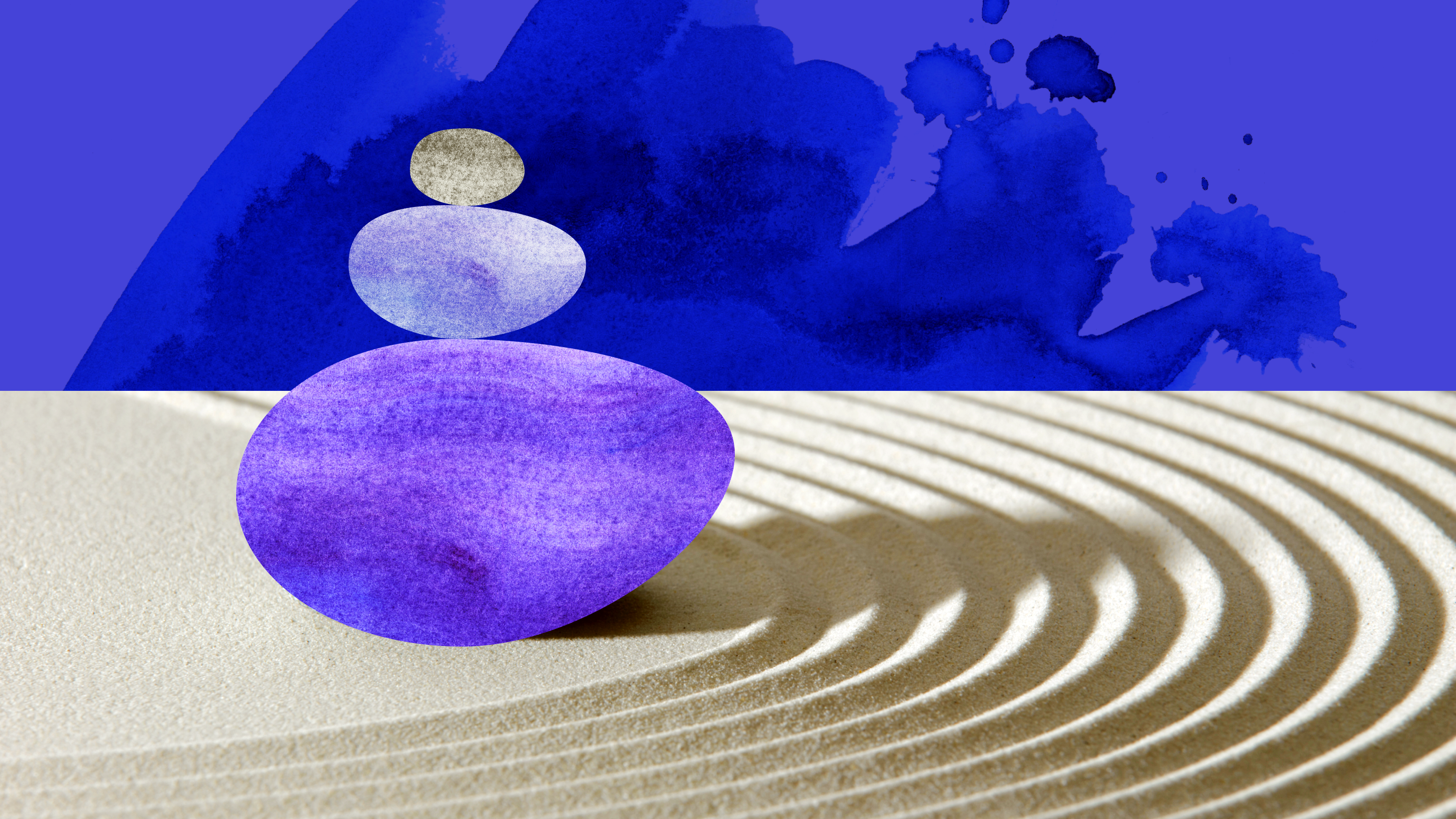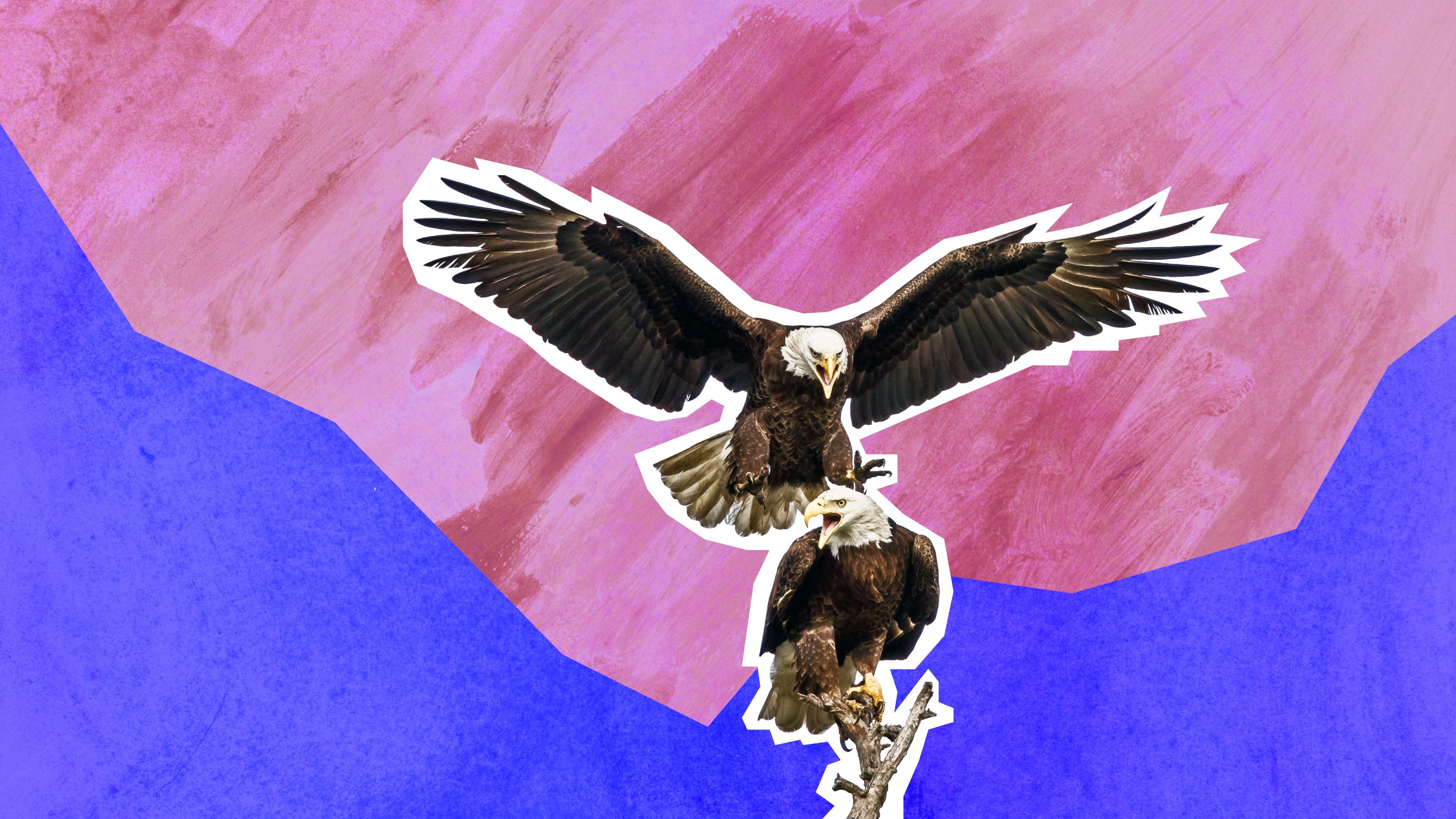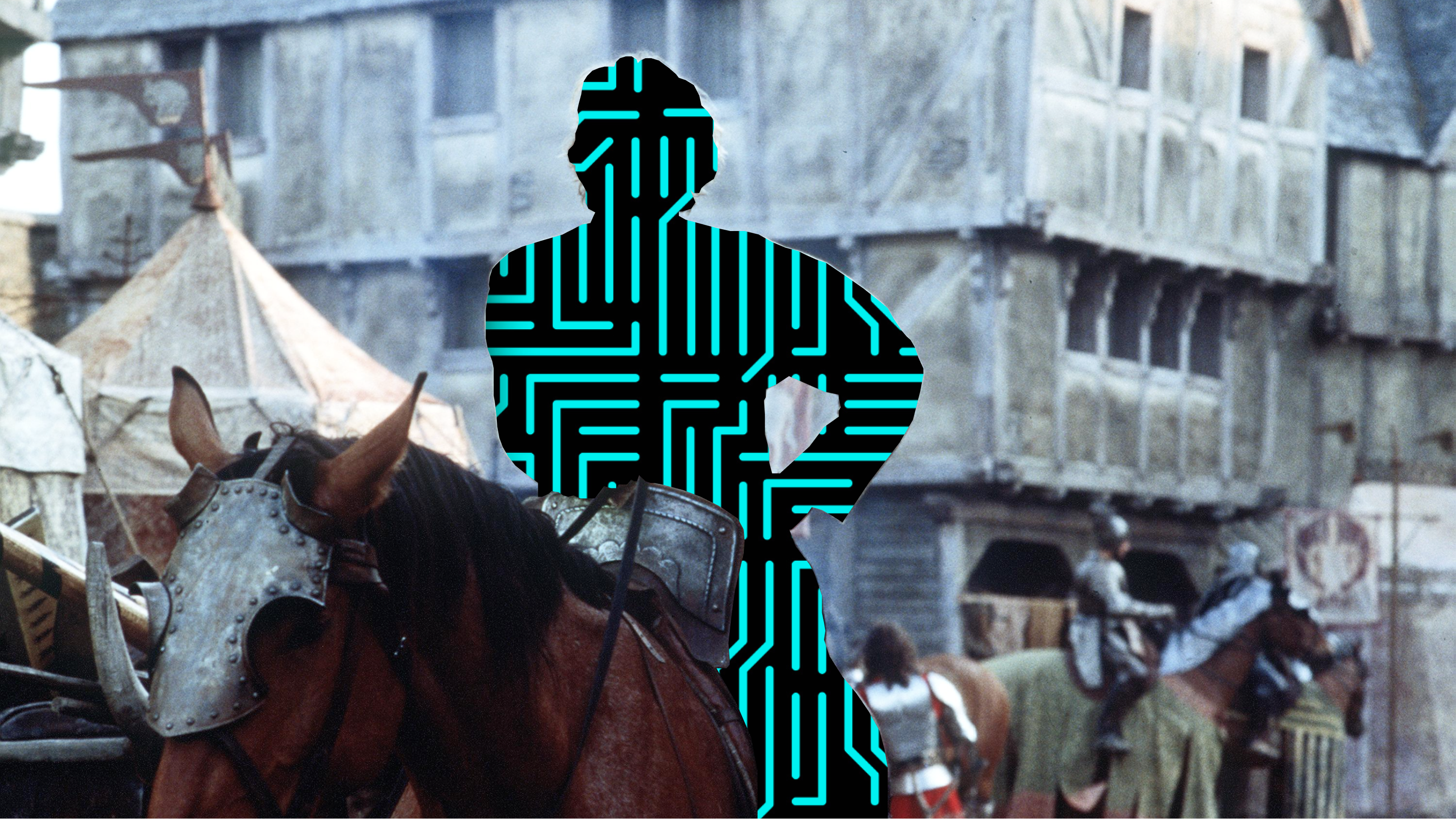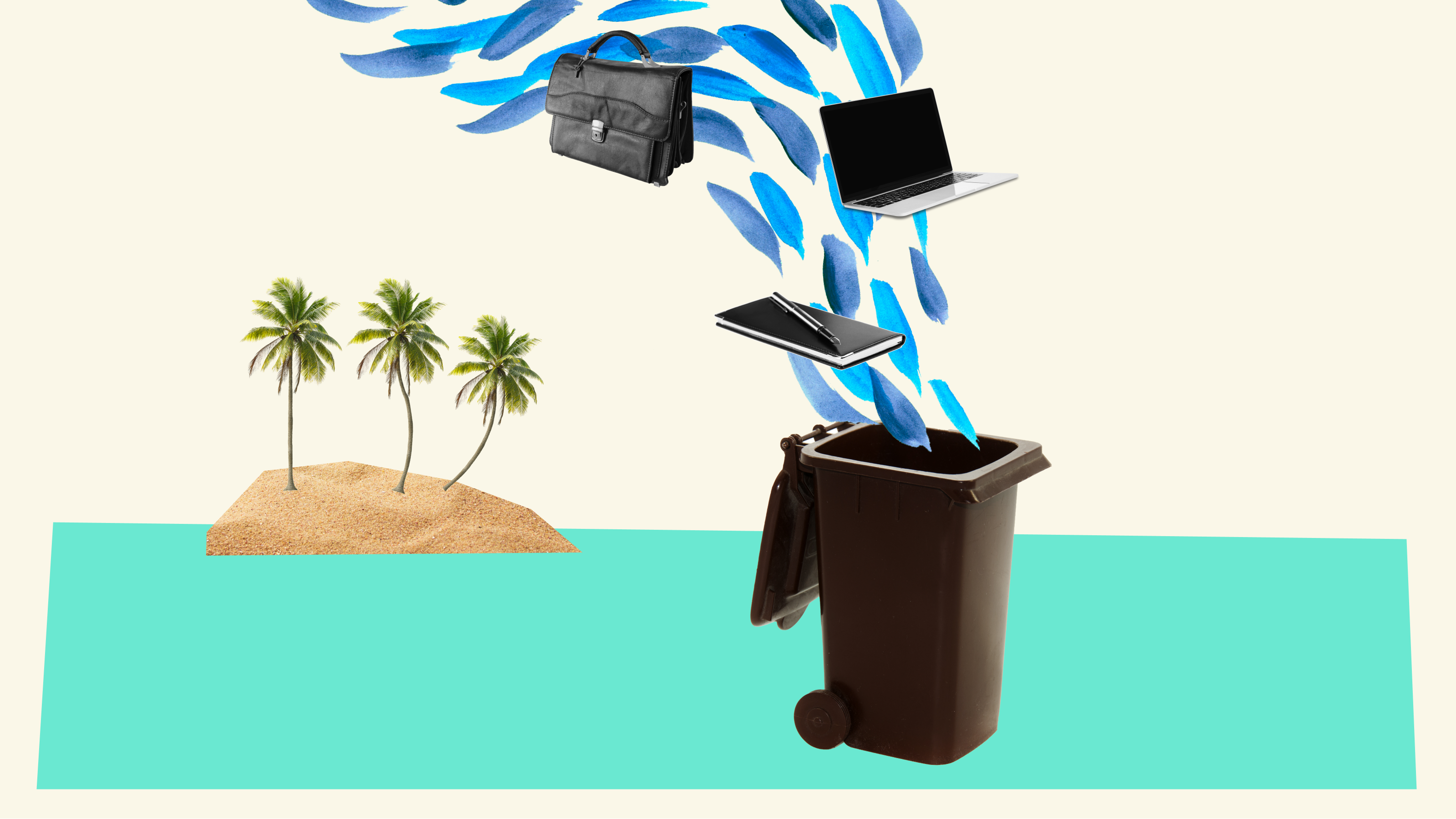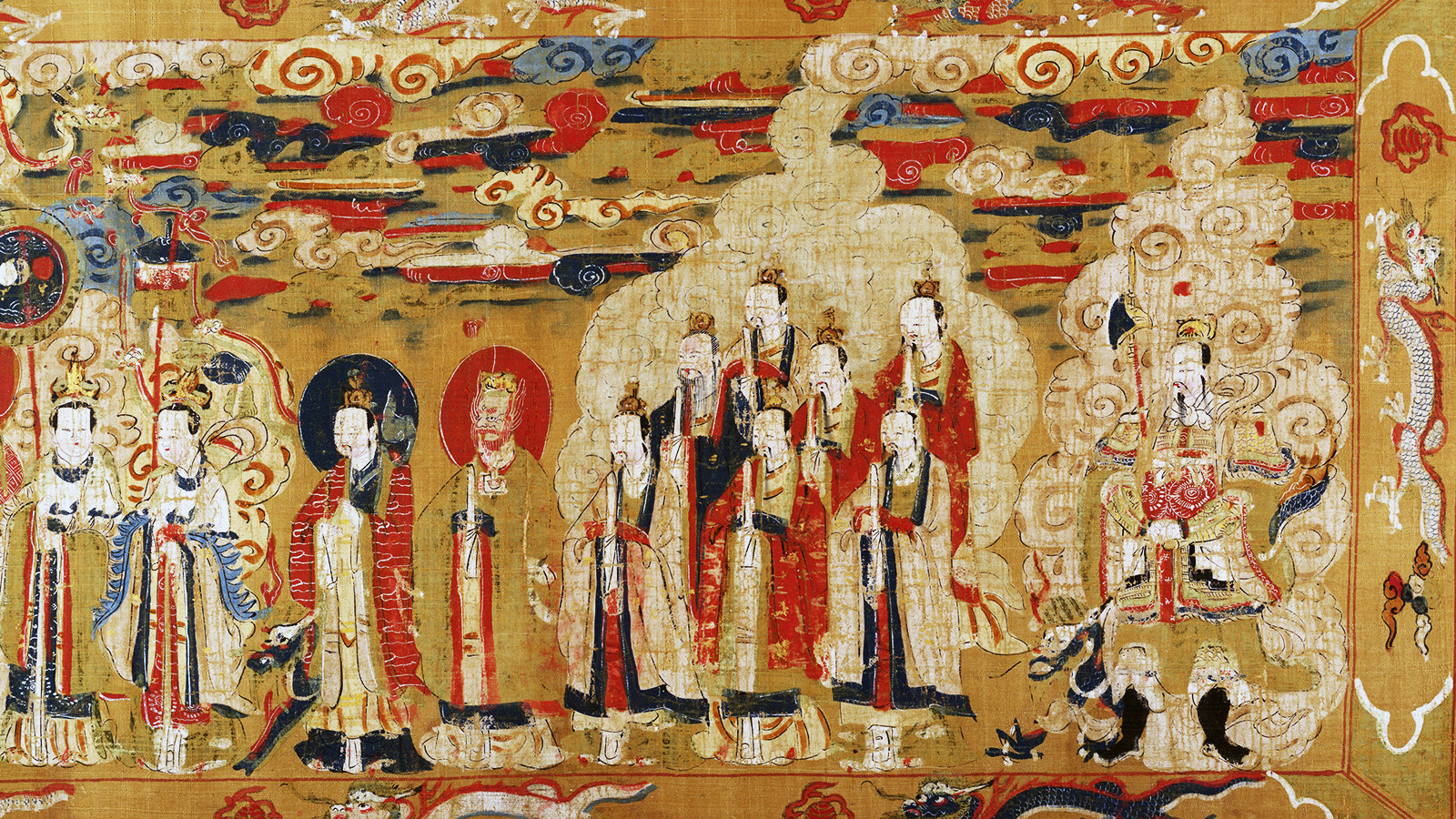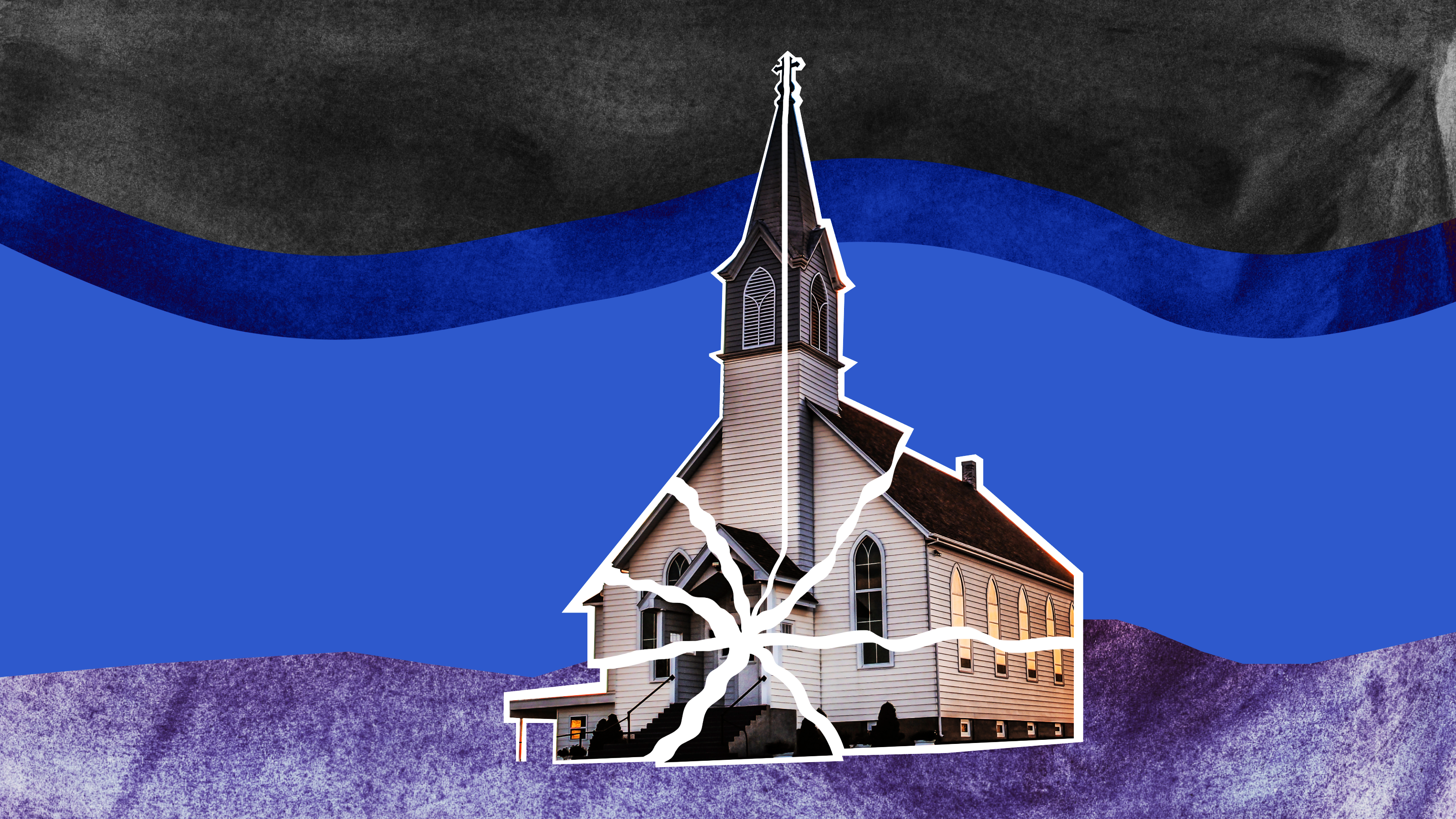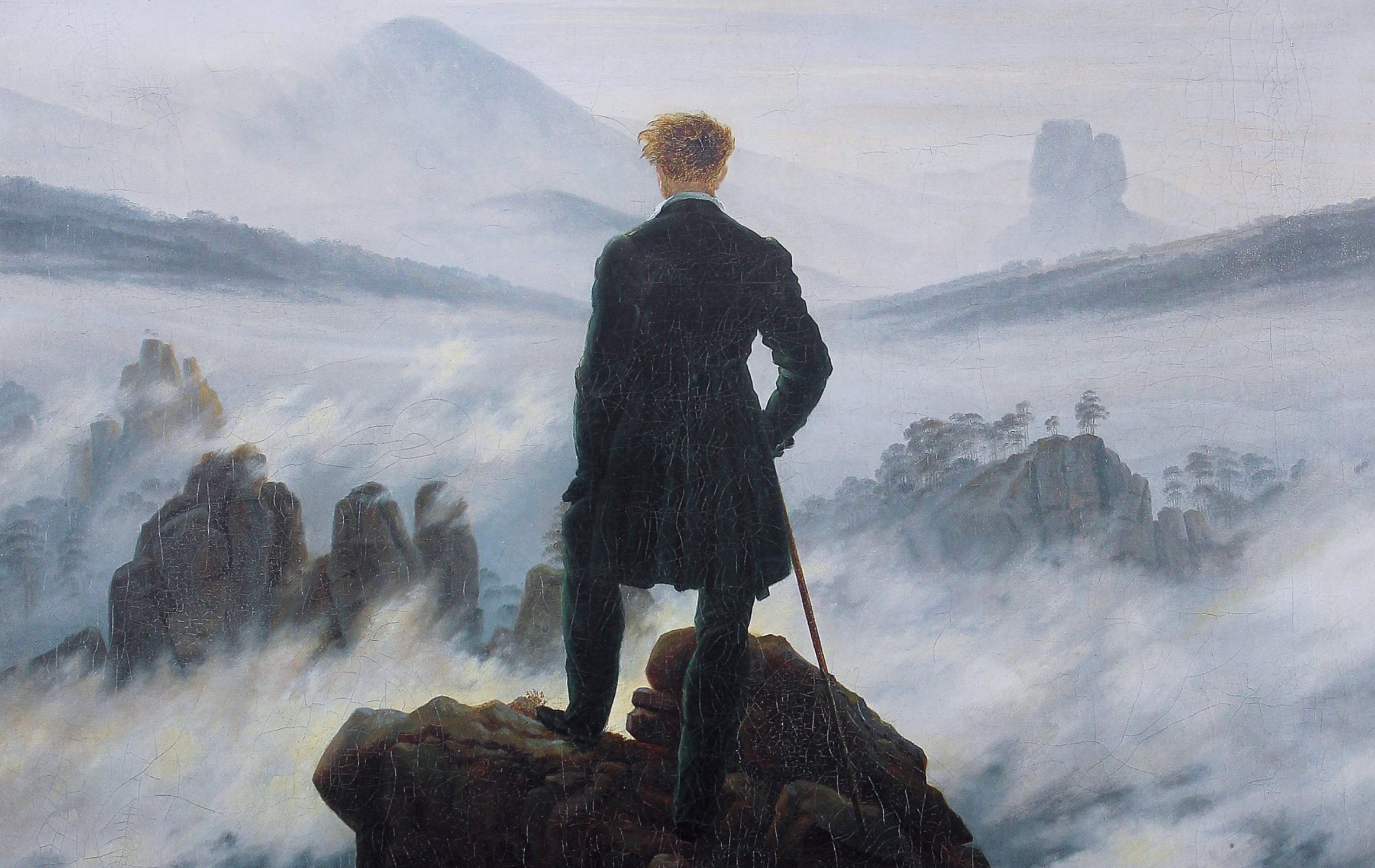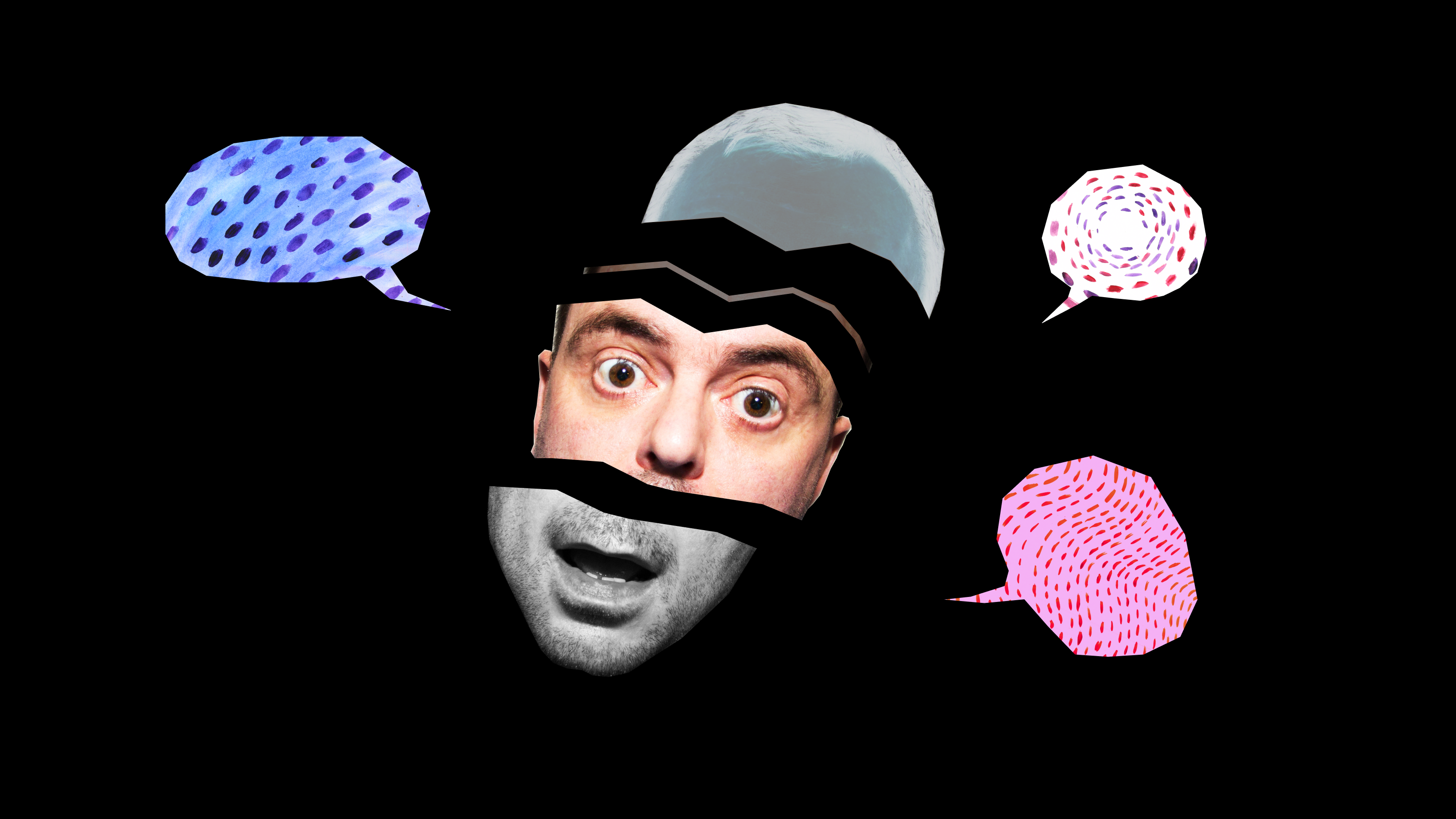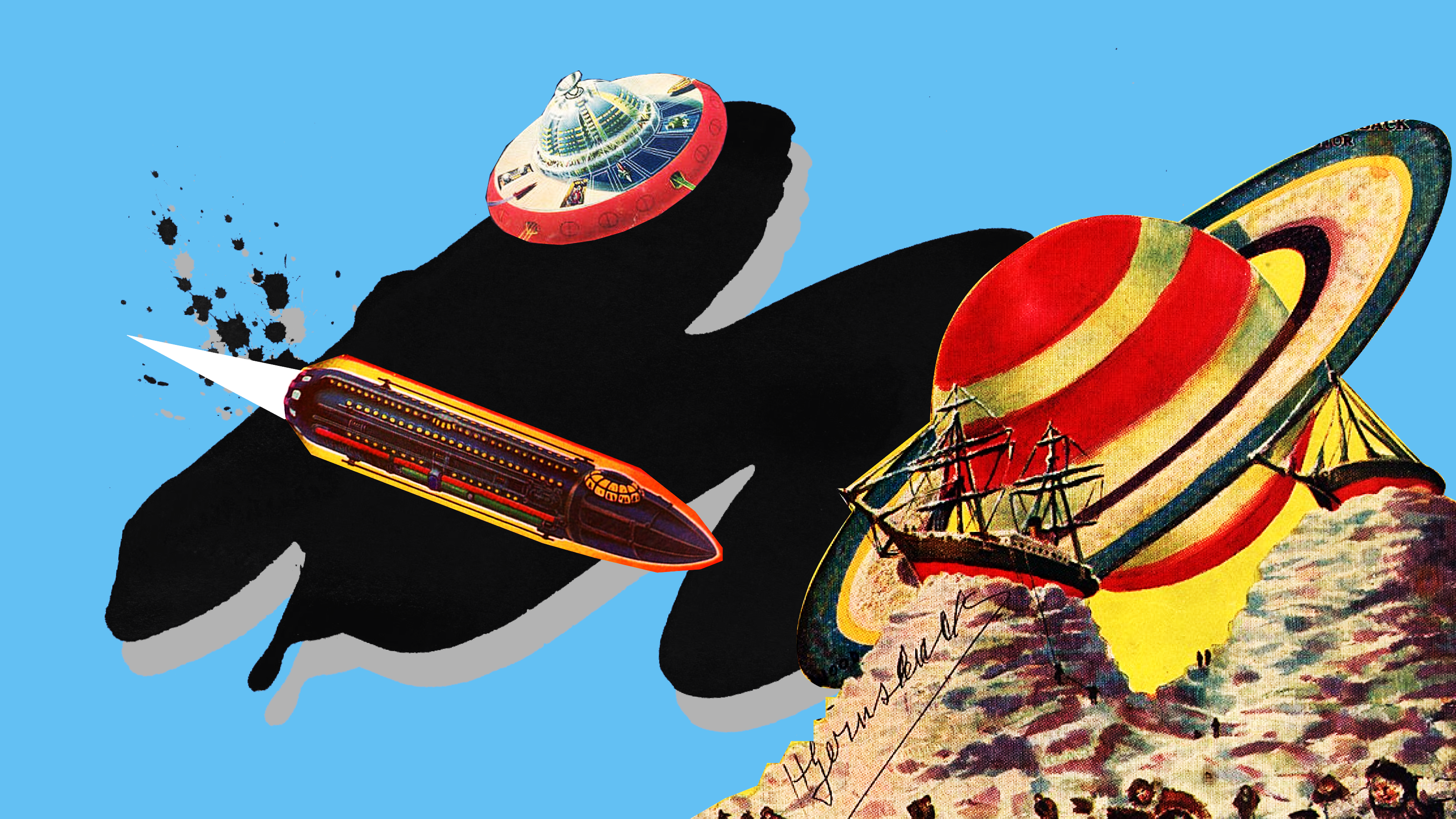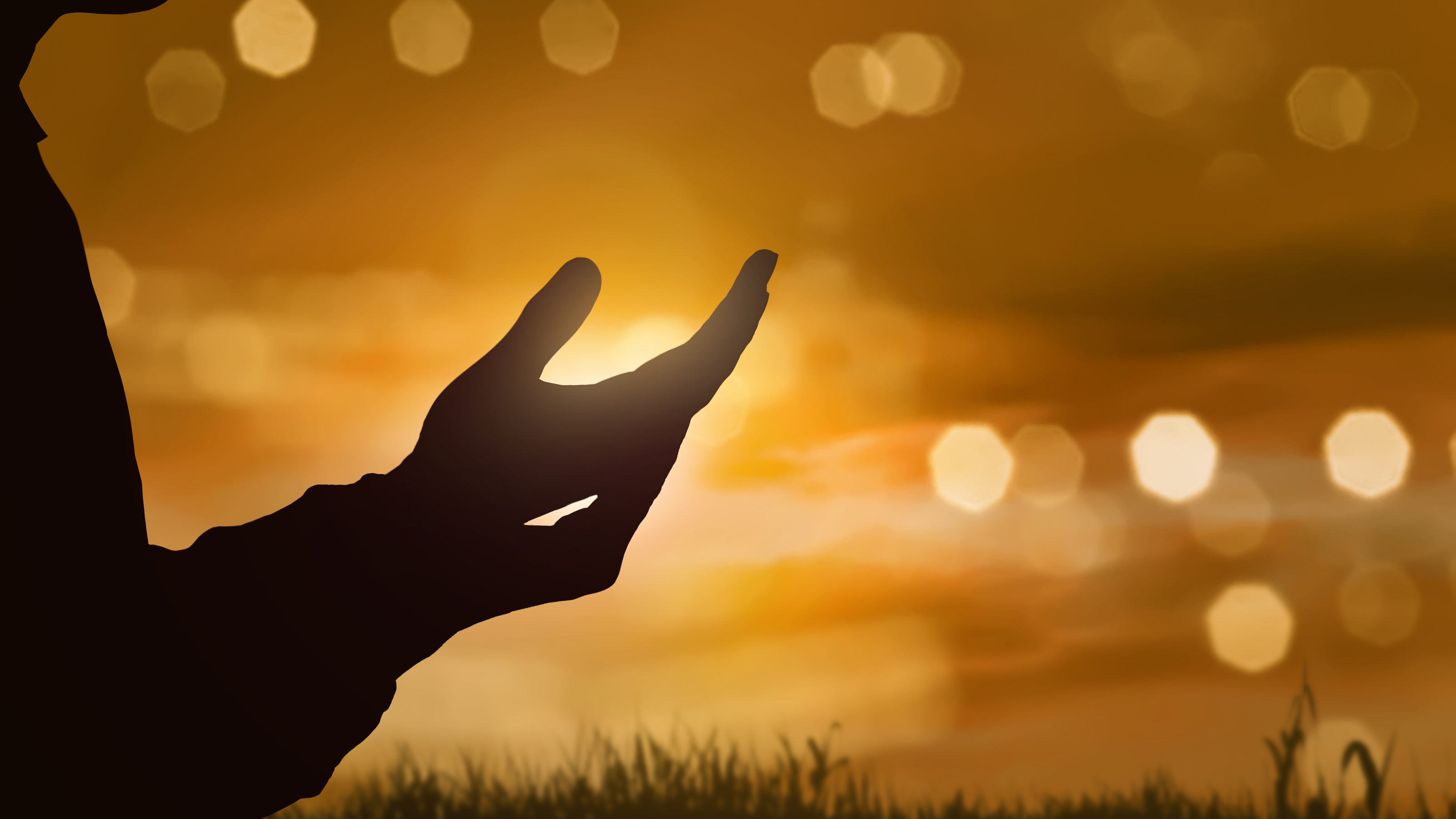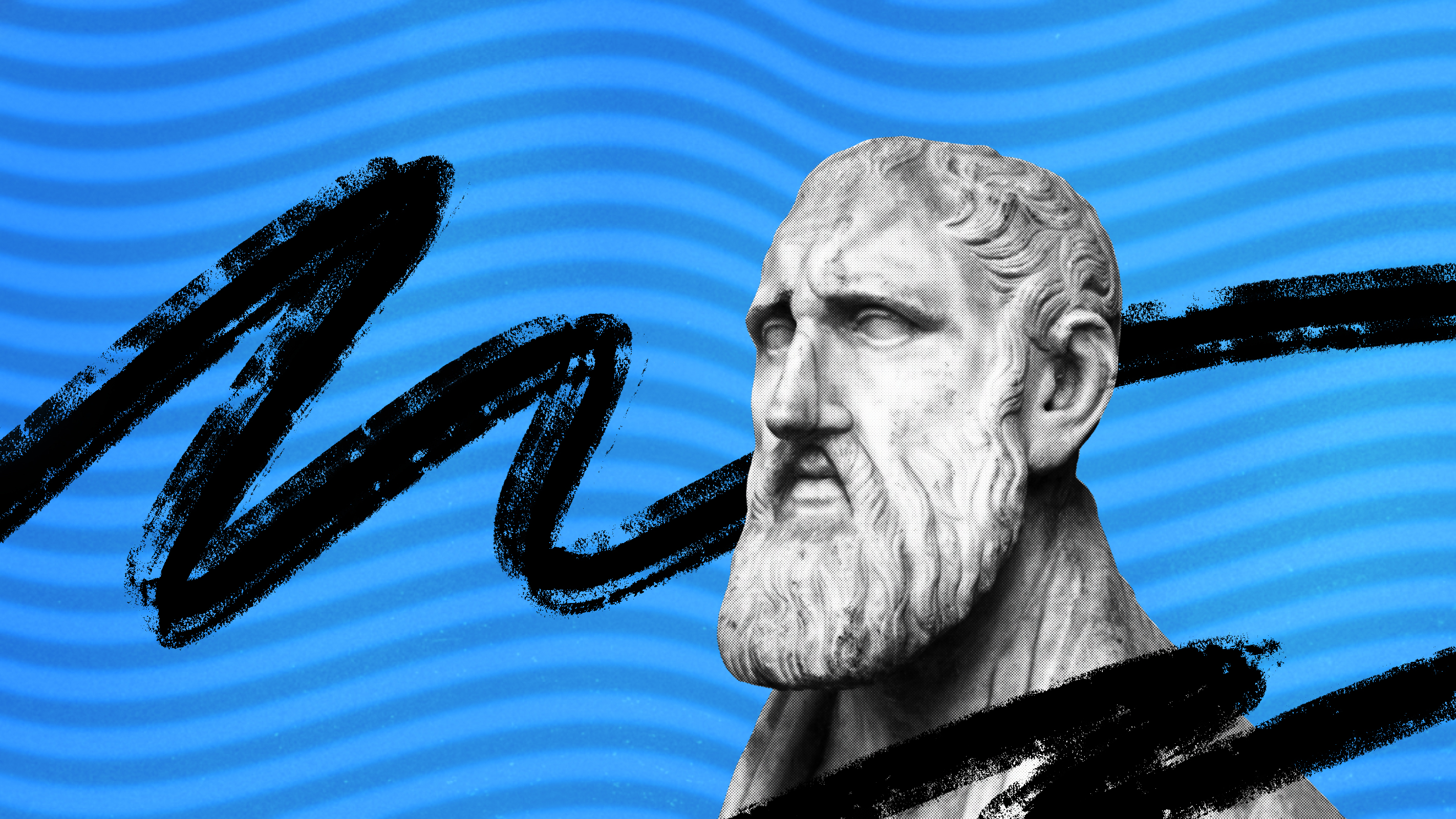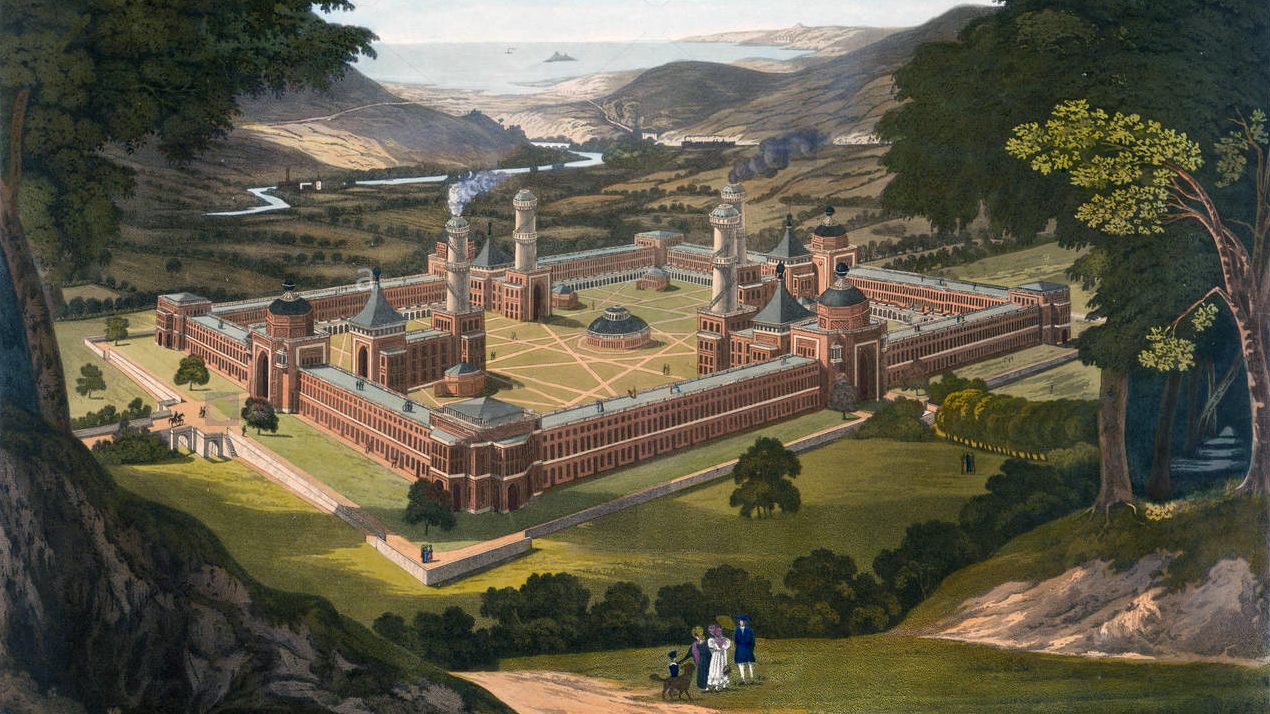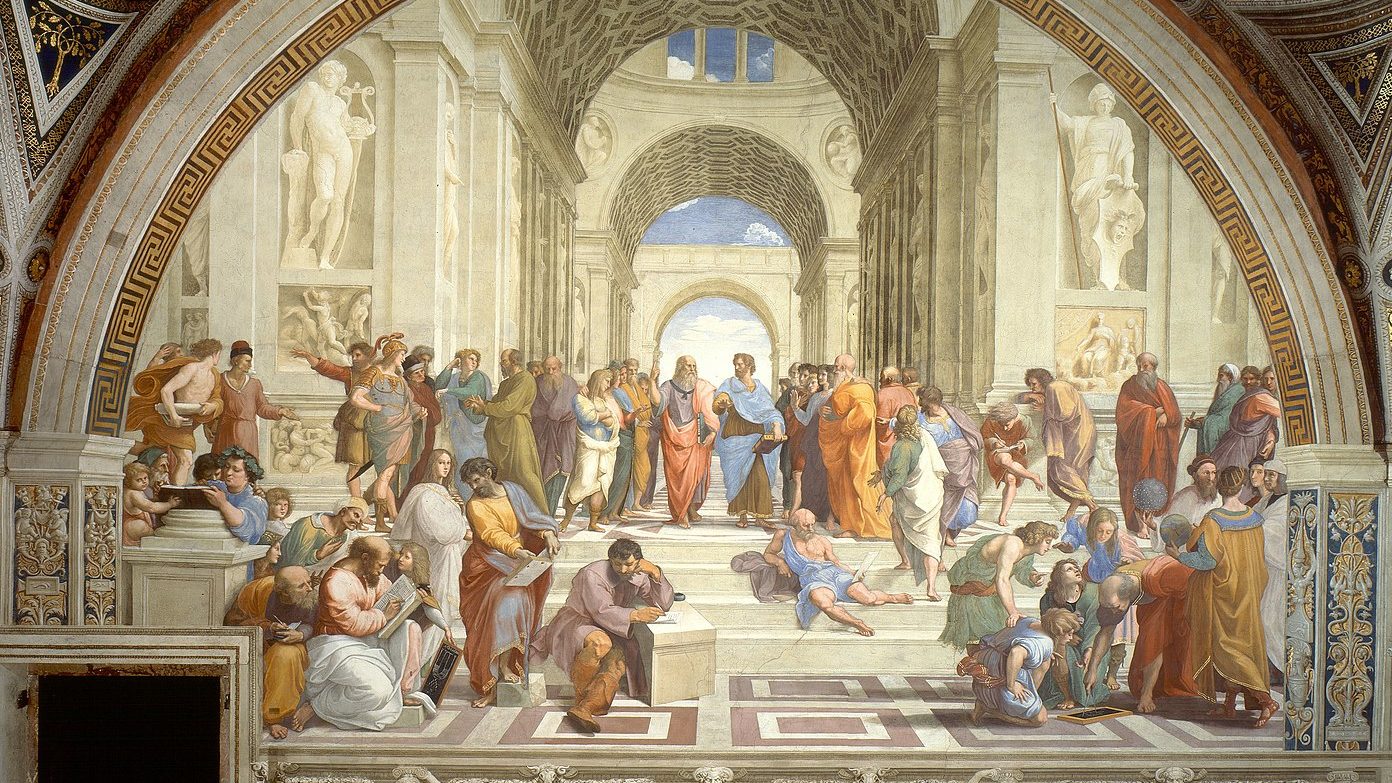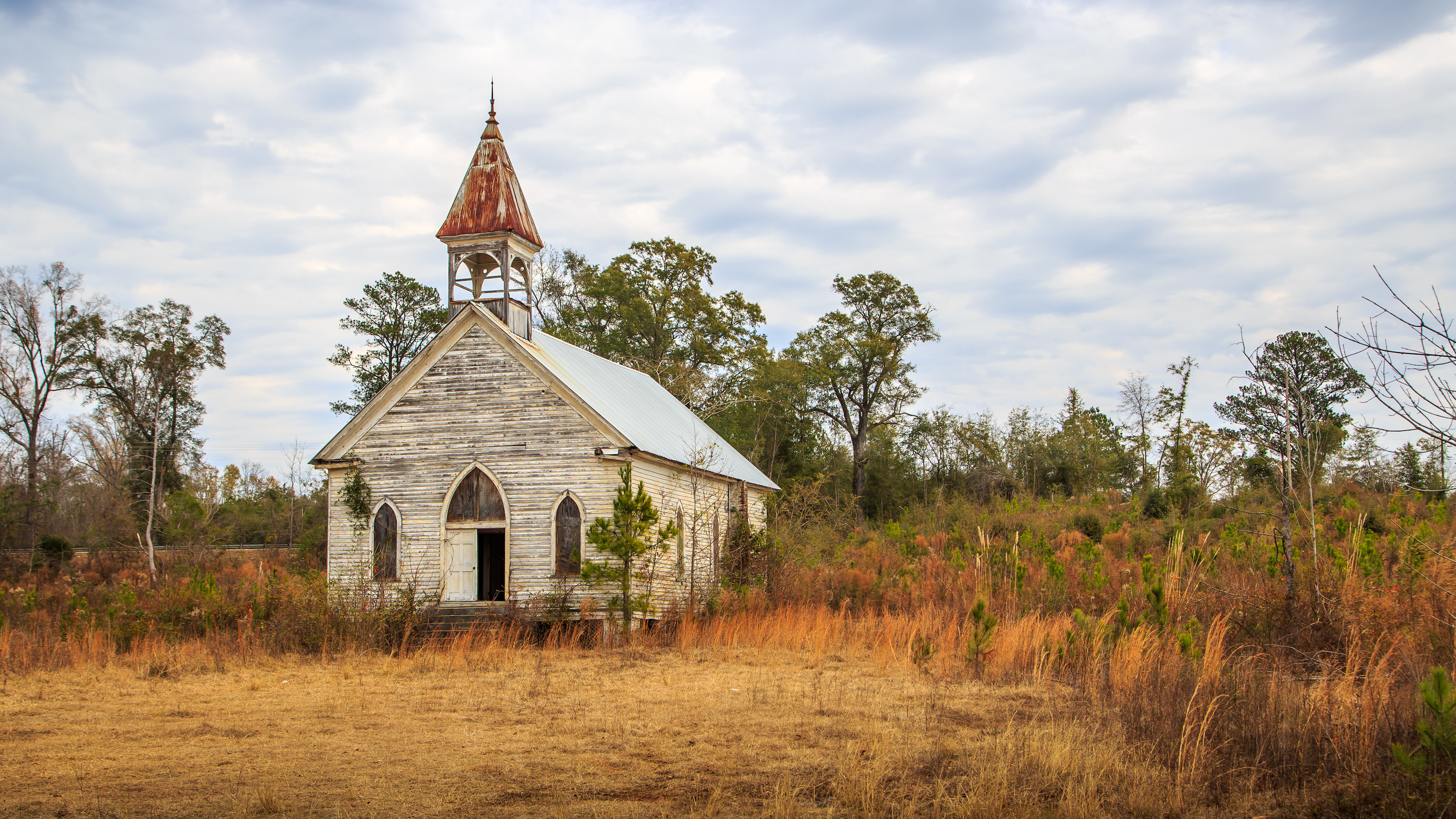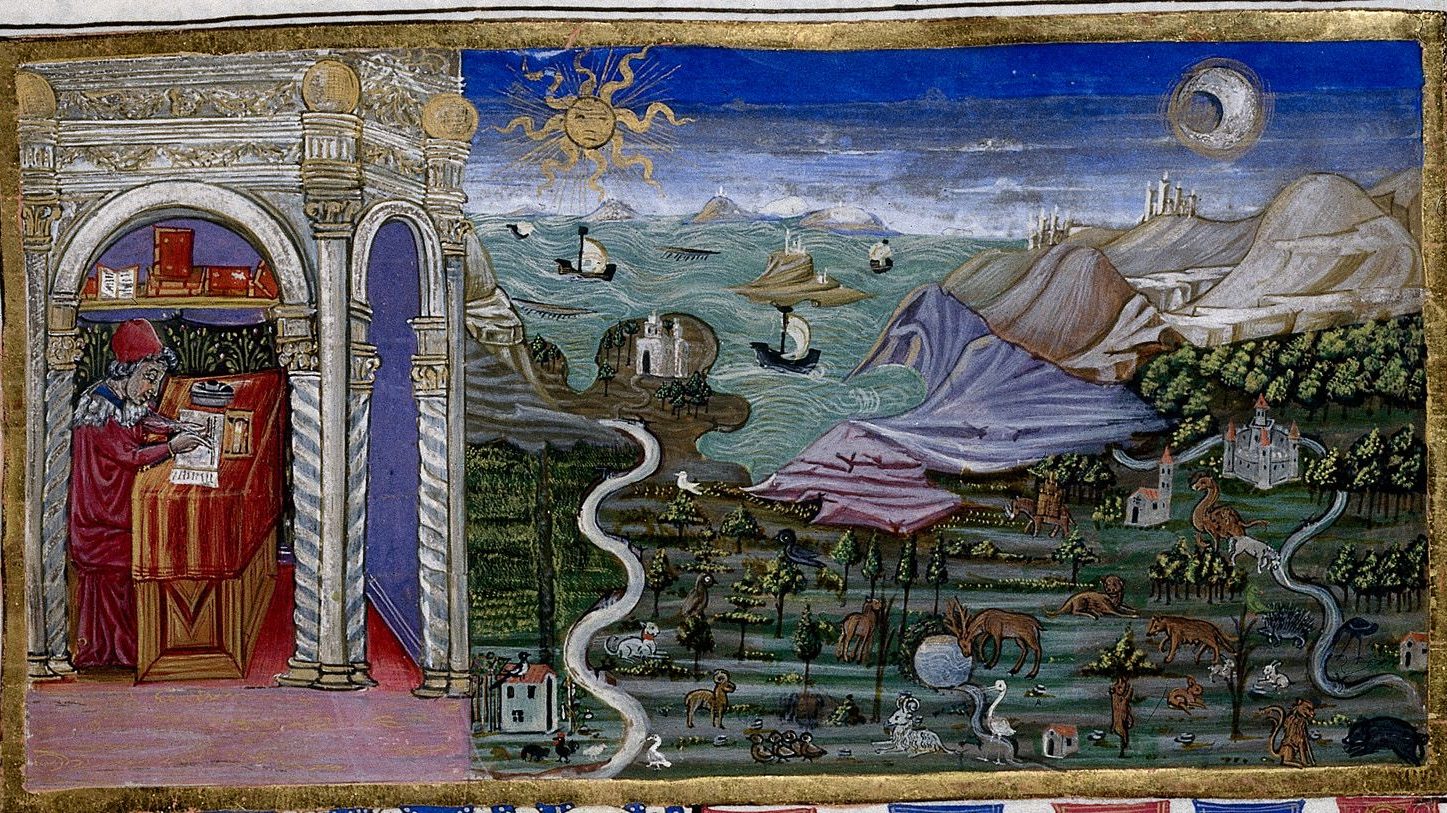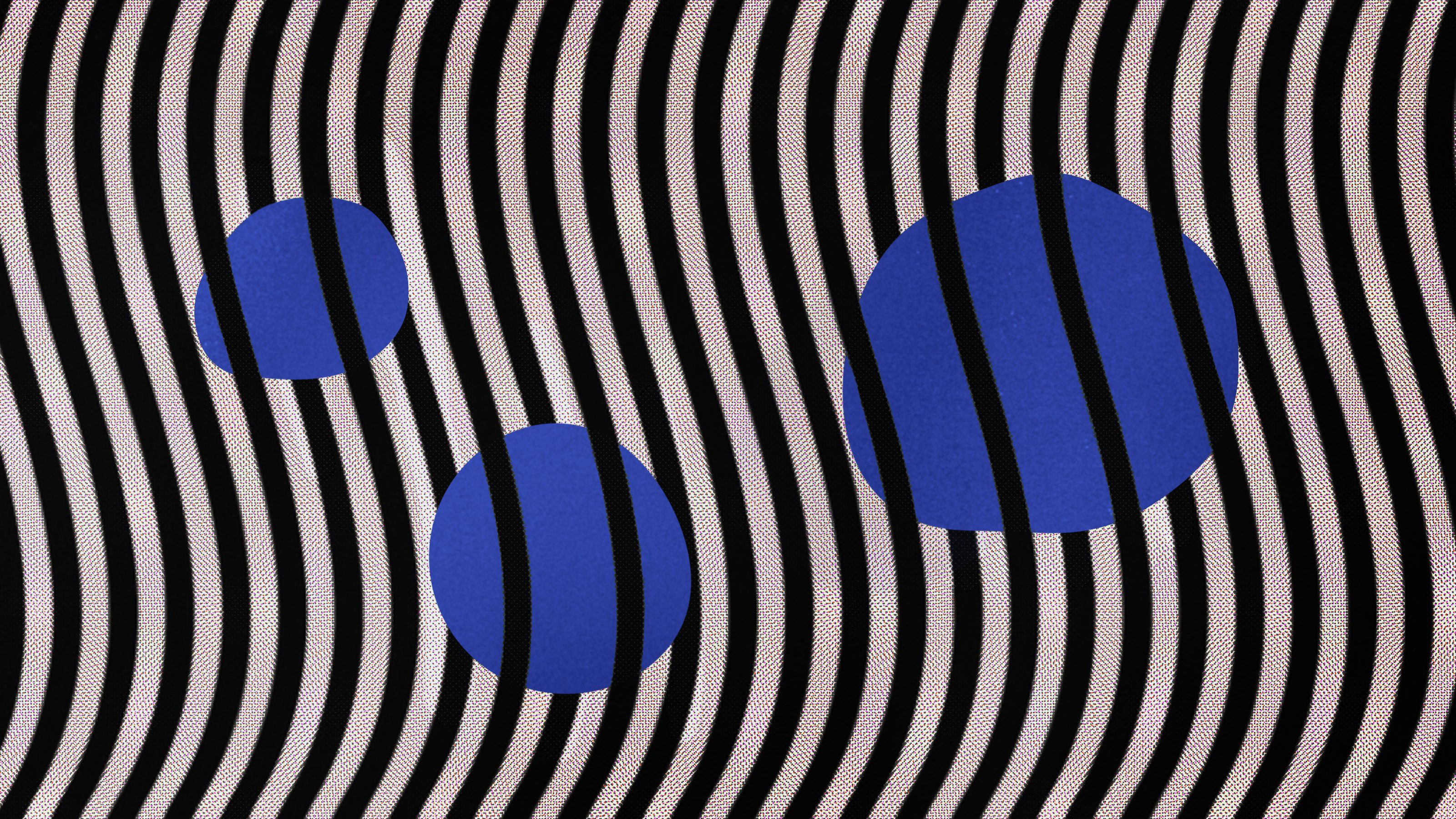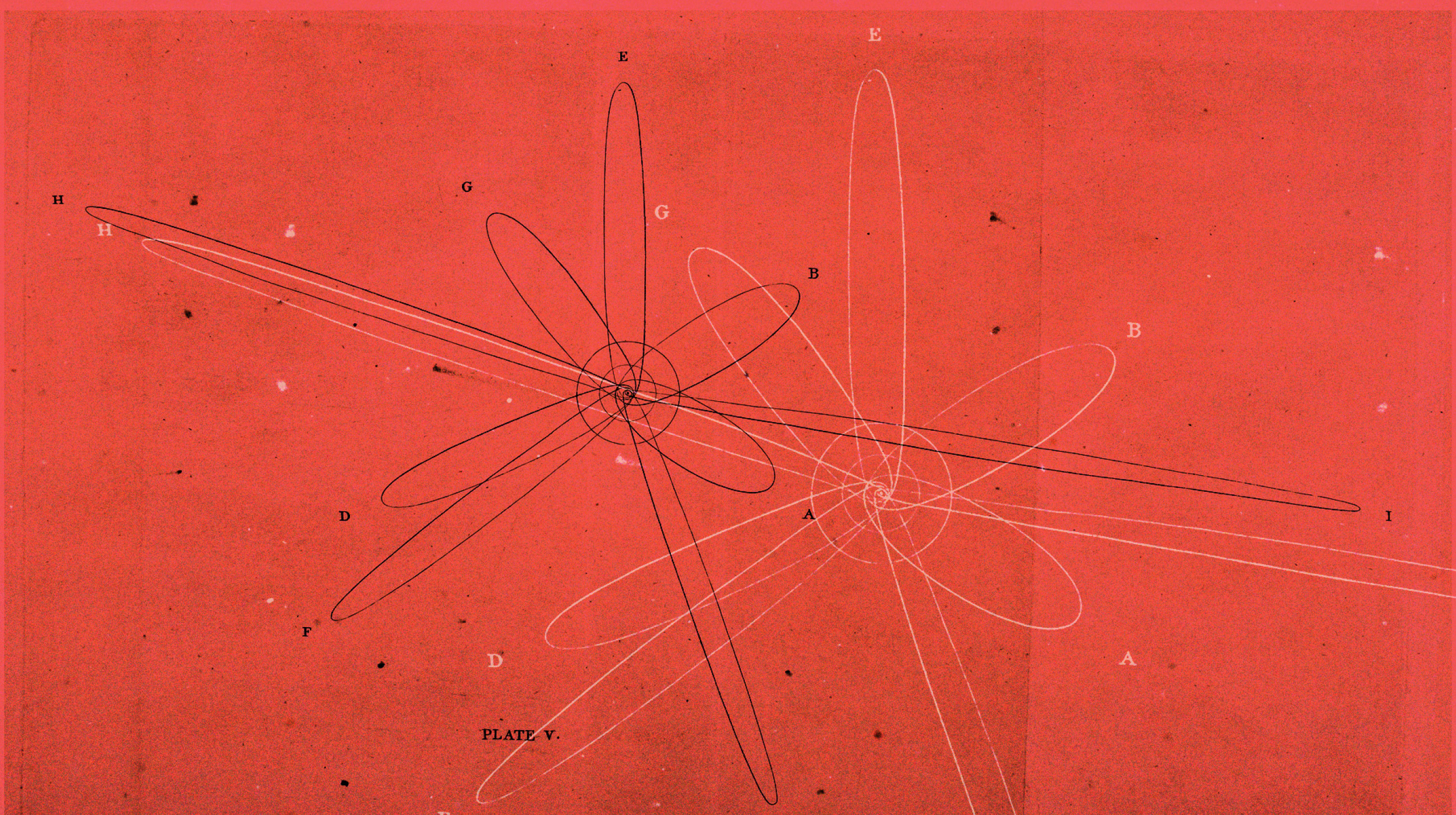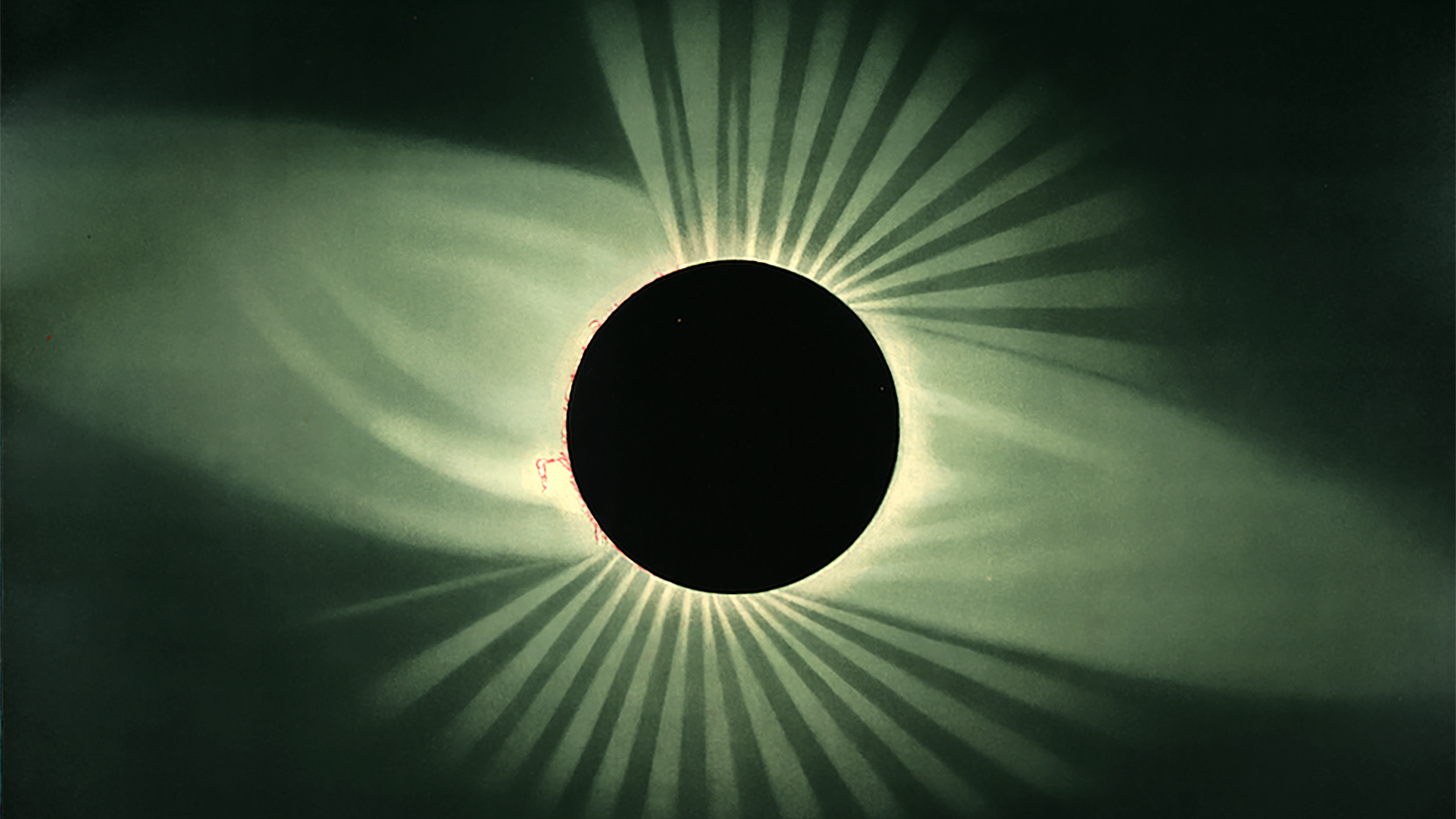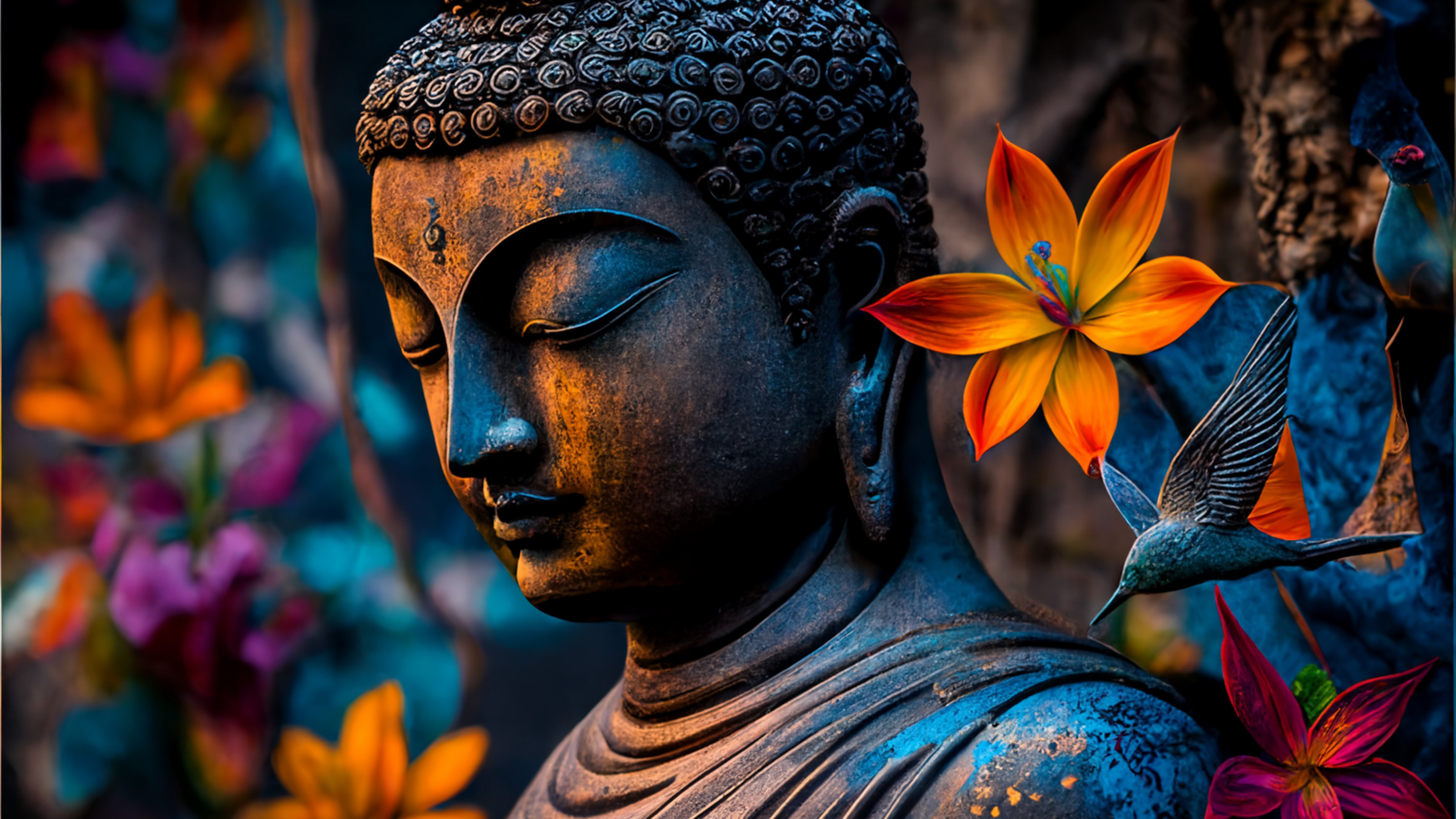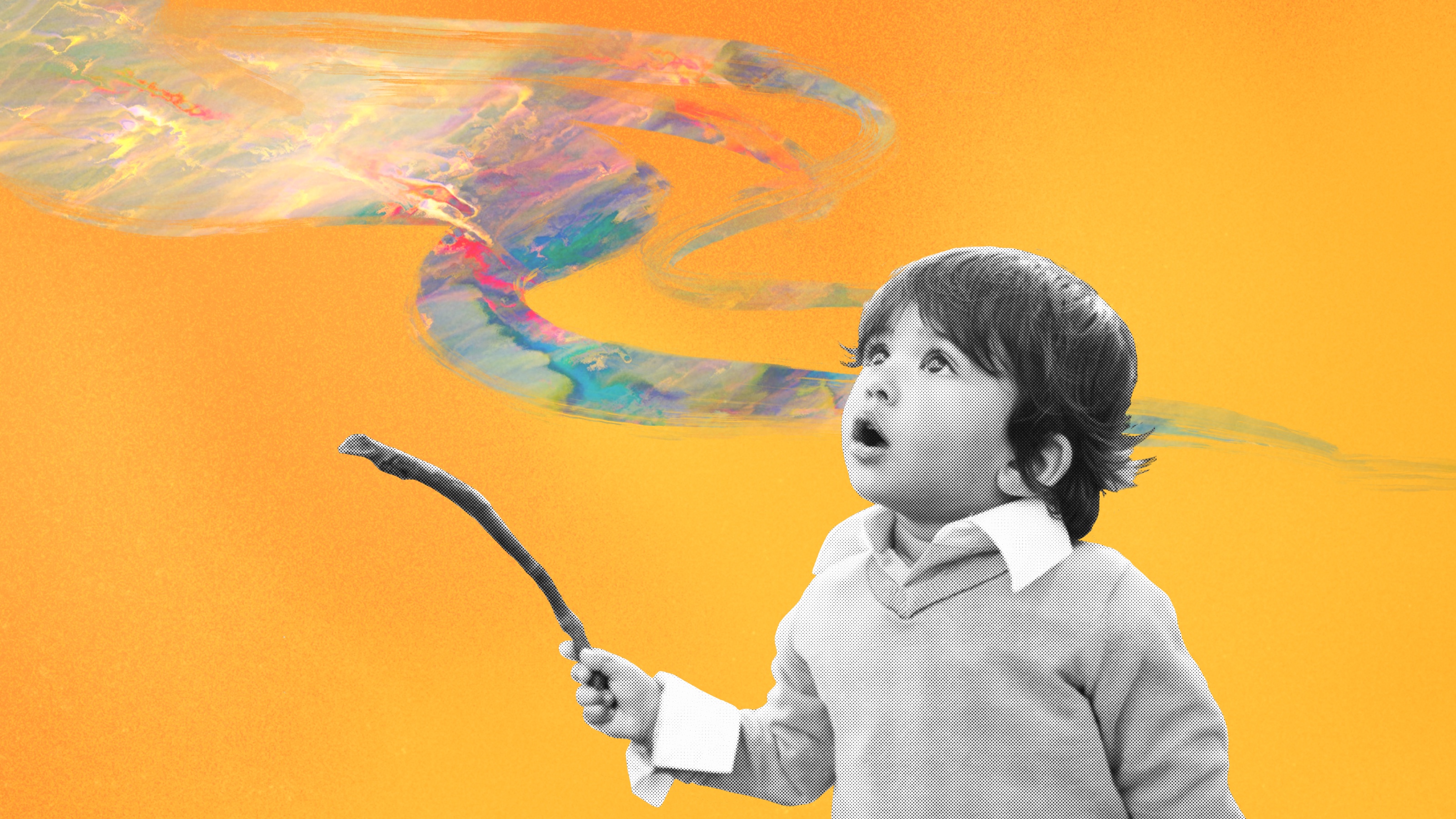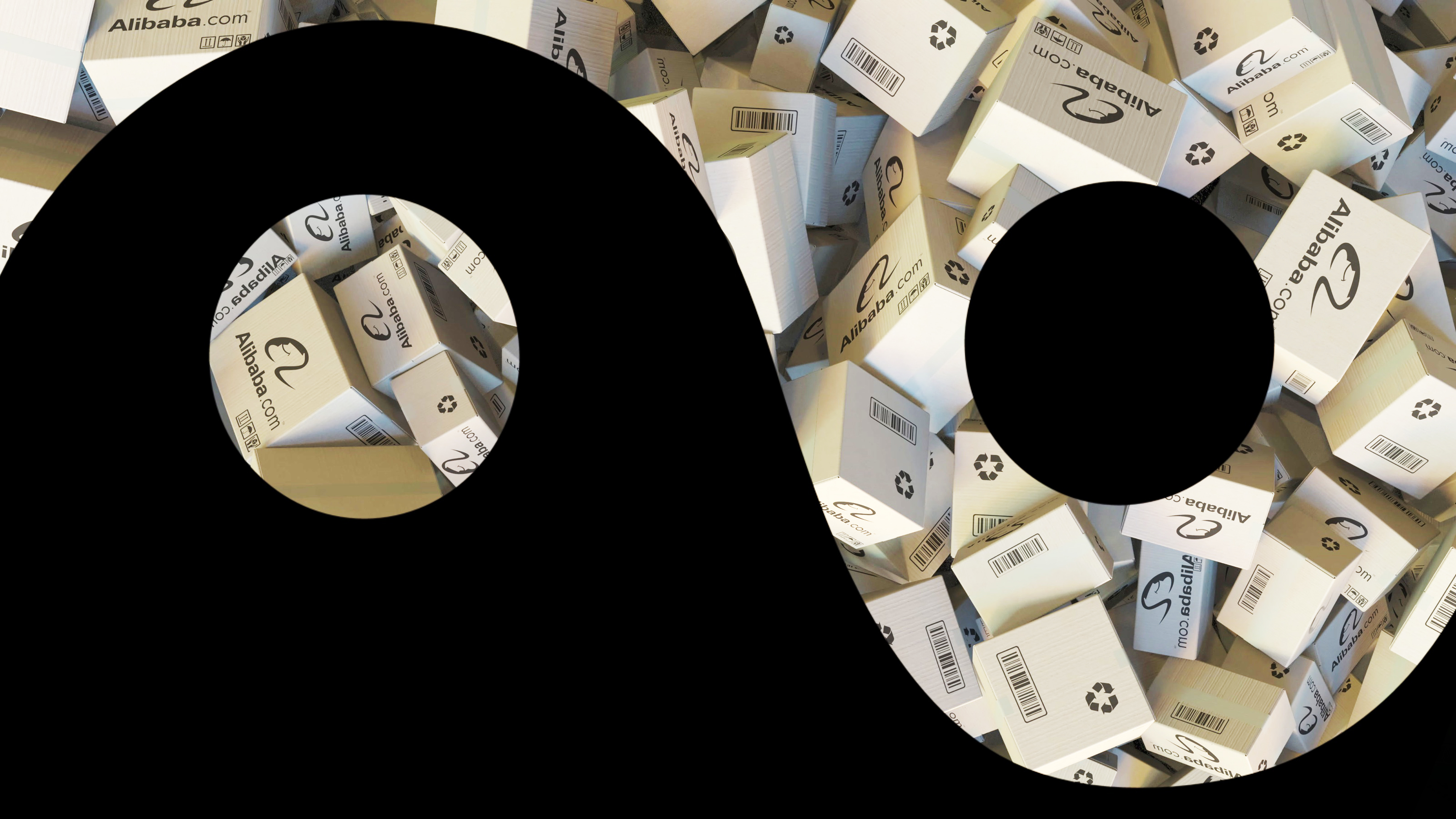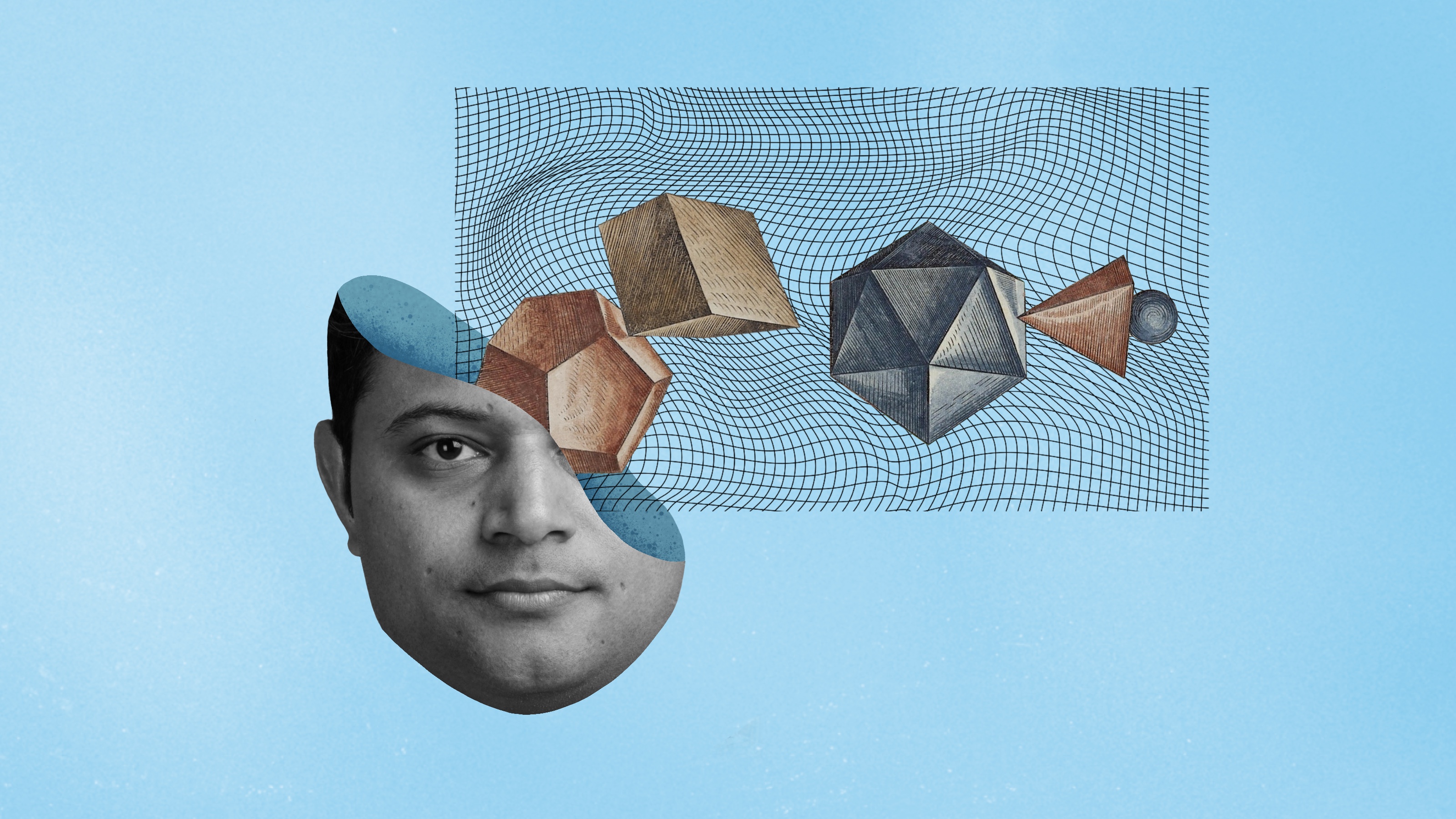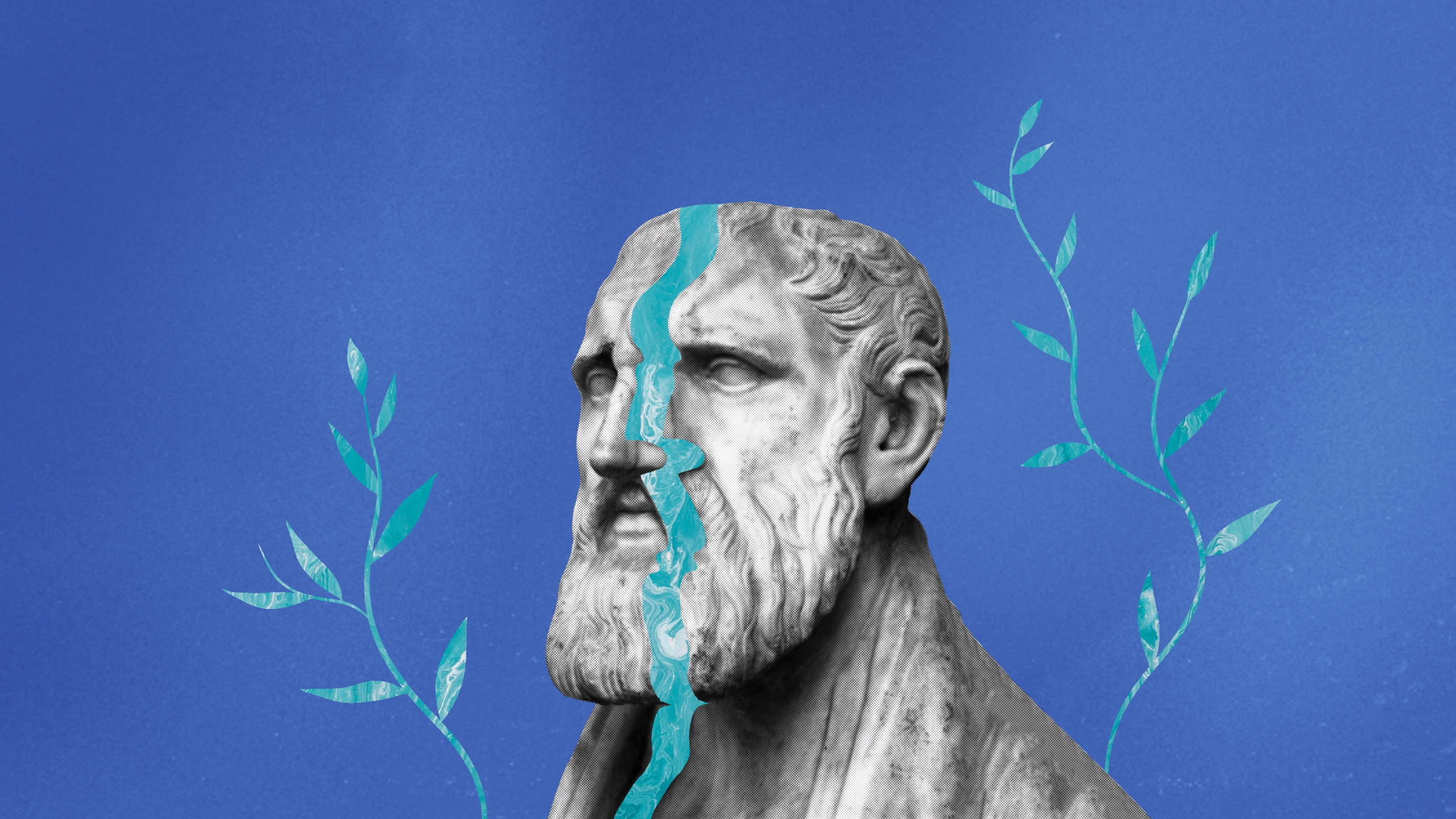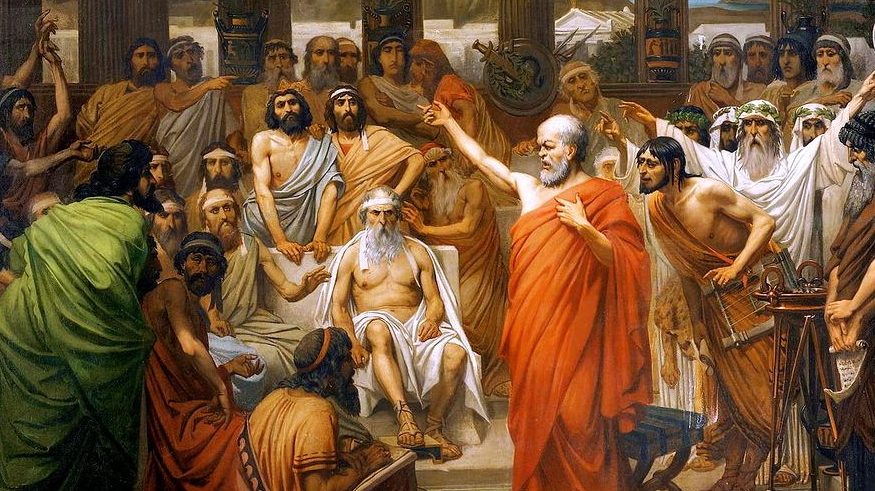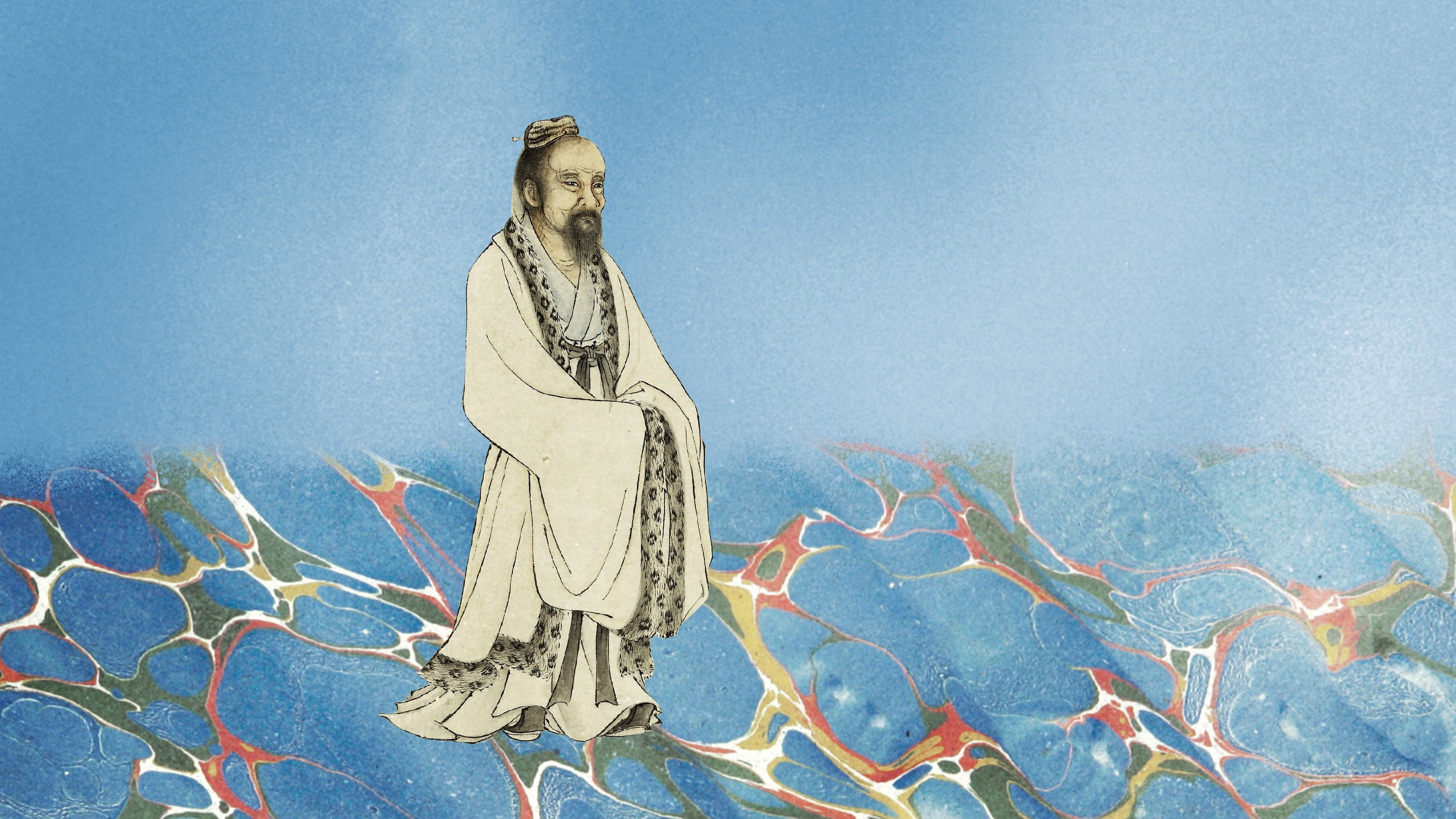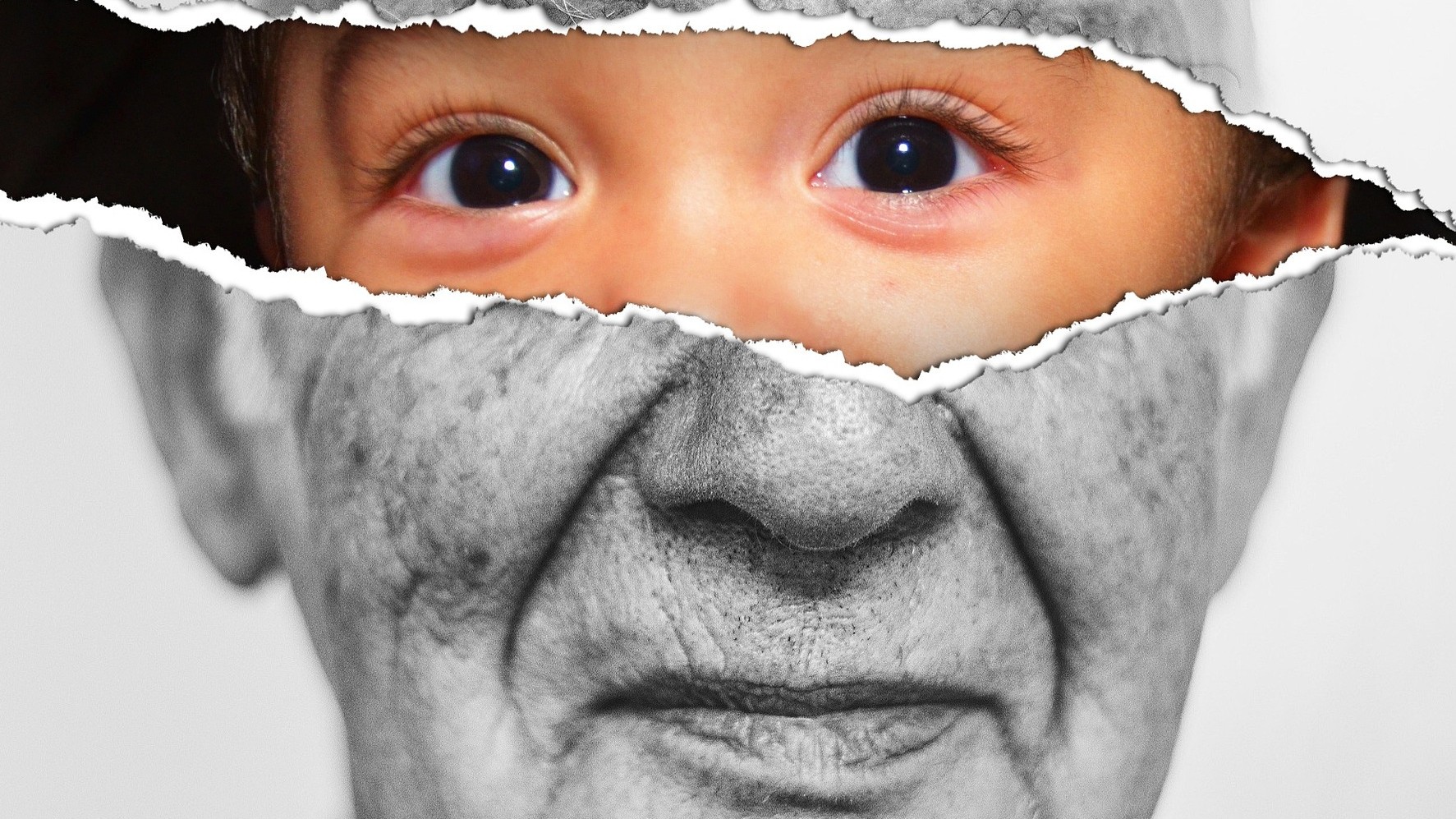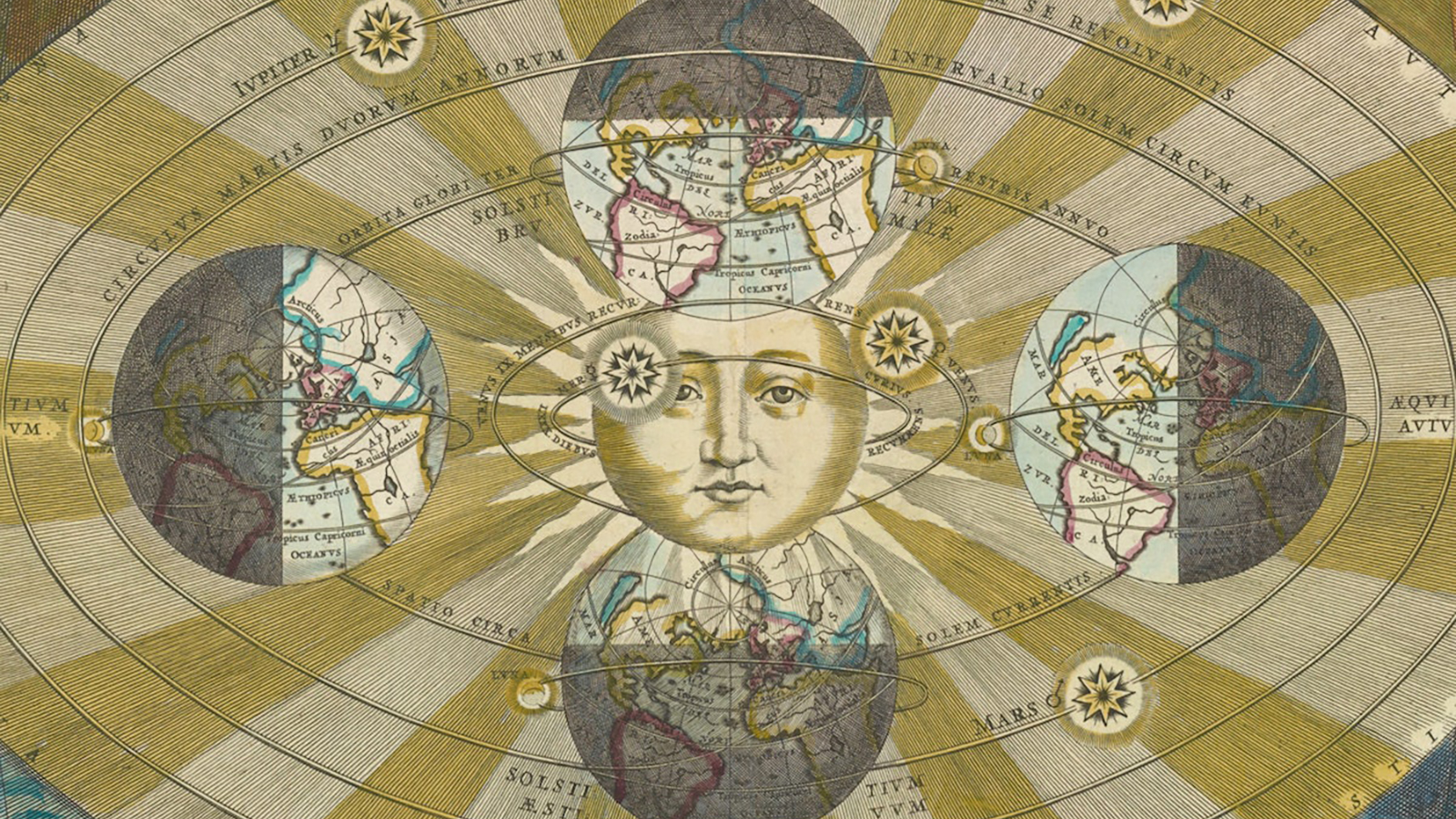philosophy
How can you fit a camel through a needle?
Science cannot help us understand or describe first-person experience. Zen koans are a powerful form for helping us reach that description.
Social media has made yelling past each other all the easier.
Virtually anyone can now create convincing deepfakes. That doesn’t mean you should.
Are anti-workers the lazy children of privilege or the brave vanguard of a utopic upheaval?
“The Tao of the wise is to work without effort.”
About 1 in 5 adults now say they have no religious affiliation, up from 1 in 50 in 1960.
For Nietzsche, a great work of art can either veil the horror of reality or – better yet – help us face it.
“Of course, the spleen is the biggest organ in the body.”
Take a trip through these master-crafted fantasy societies and ask yourself: Could I actually live there?
Studies suggest that meditation can quiet the restless brain.
The Church of England is debating if believers should stop using gendered language when talking about God.
Stoicism is a big deal right now, but it has some major flaws. Here’s why you might want to hold off on becoming a Stoic.
Would you want to live in any of these places?
Though ultimately incorrect, the ancient Greek philosophers blazed a conceptual trail for humankind to understand the nature of reality.
If you lost your religion, it might be because the internet and social media are having a secularizing effect on American society.
This year marks 2,000 years since the birth of the Roman author of the first natural encyclopedia.
From “Thompson’s violinist” to the “Experience Machine,” these thought experiments will throw your mind for a loop.
The answer to the age-old philosophical question of whether there is meaning in the Universe may ultimately rest upon the power of information.
Science will lead us to a universal morality and a cosmic religion.
Though quantum mechanics is an incredibly successful theory, nobody knows what it means. Scientists now must confront its philosophical implications.
For Buddhists, the “Four Noble Truths” offer a path to lasting happiness.
Alibaba has played a key role in China’s meteoric economic rise.
Take a closer look at the different types of reasoning you use every day.
“We suffer more often in the imagination than in reality.”
Most philosophers merely contemplate the world, but what about the ones who actually tried to change it?
Adopting a healthy scepticism towards inherited ideas means “emptying the container of the Self.”
“It is more human to laugh at life than to lament it.”
There might be a hard limit to our knowledge of the Universe.
